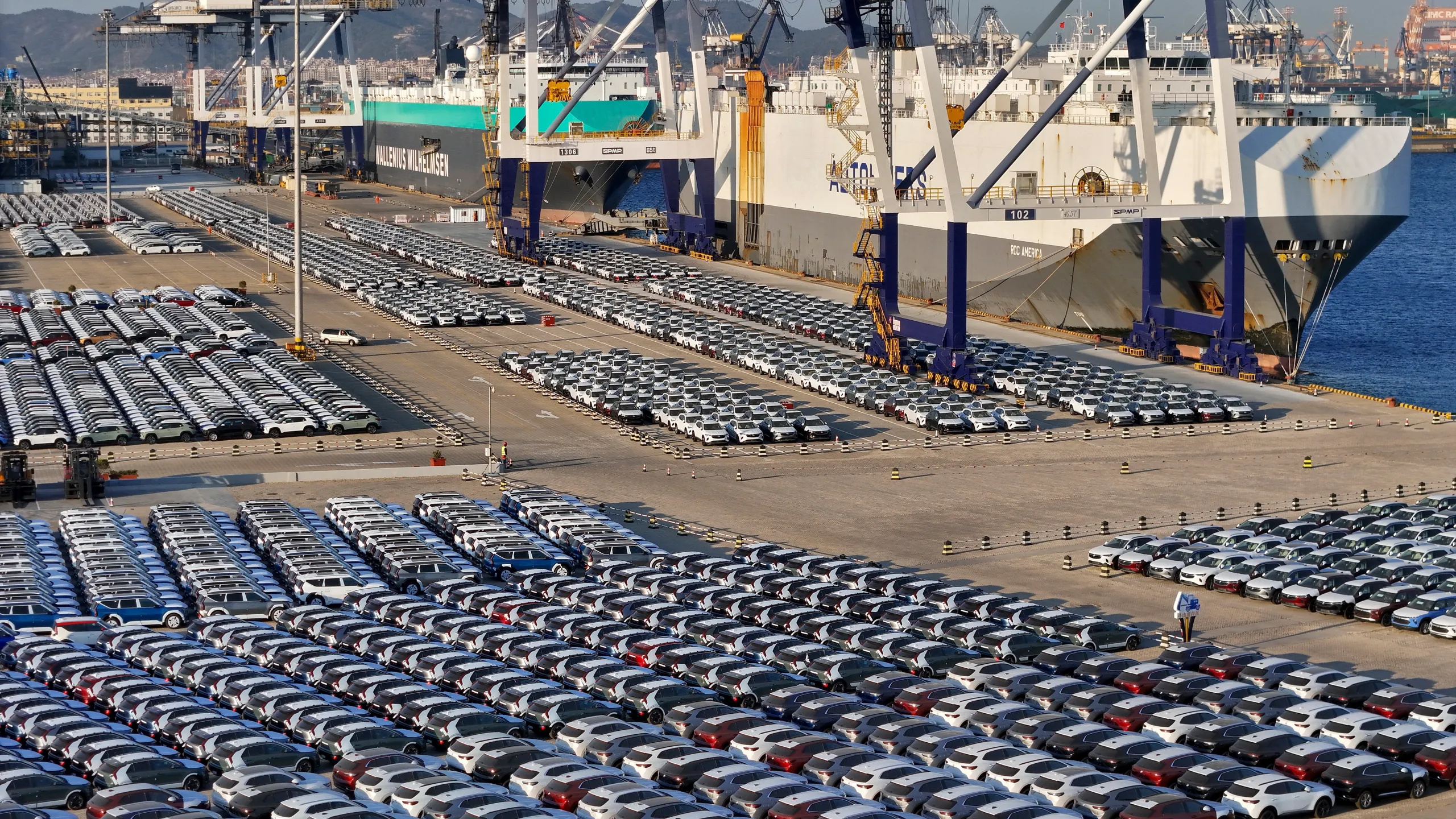Over the past two decades, China has rapidly evolved into one of the most influential players in the global automobile industry. What was once a market focused primarily on domestic production has now expanded into a powerhouse driving international trade. Chinese car manufacturers are no longer only serving local consumers; they are increasingly exporting vehicles across continents, reshaping global supply chains and consumer choices.
The growth of China Auto Export, China Car Export has established China as a leader in the worldwide automotive sector. With competitive pricing, advancements in technology, and strong government support, Chinese automakers are making significant inroads into regions such as Europe, the Middle East, Africa, and South America. This expansion demonstrates how China’s auto export industry is not only boosting its economy but also redefining trends in the global car market.
The Rise of China as an Automotive Powerhouse
China’s dominance in the automotive world did not happen overnight. The country invested heavily in industrialization, research, and infrastructure to become the world’s largest car manufacturer. With millions of vehicles produced annually, China surpassed traditional leaders like the United States, Germany, and Japan in sheer volume.
One of the driving forces behind this success is China’s ability to offer affordable yet reliable vehicles. By focusing on efficiency and mass production, Chinese automakers have lowered costs without compromising on essential quality, making them competitive in international markets.
Technological Advancements and Electric Vehicles
Another factor fueling China’s growing influence in the global car market is its leadership in electric vehicles (EVs). The Chinese government has invested heavily in clean energy technologies, positioning the country at the forefront of EV innovation. Brands such as BYD, NIO, and XPeng are now recognized internationally for their cutting-edge electric cars.
China’s investment in battery technology, charging infrastructure, and renewable energy integration has given its manufacturers a strategic advantage. As more countries commit to reducing carbon emissions, demand for EVs continues to rise, and Chinese exporters are well-positioned to meet this global need.
Expanding Markets Across the Globe
Chinese cars are gaining traction in multiple international markets. In Africa and South America, affordability and durability make them attractive to budget-conscious consumers. In Europe, Chinese electric vehicles are entering the market as sustainable alternatives to traditional brands. The Middle East has also seen a growing presence of Chinese automakers, who are establishing dealerships and service networks to build consumer trust.
These expanding markets highlight China’s ability to adapt its offerings to suit diverse consumer needs, from compact city cars to advanced electric SUVs.
Government Support and Policy Advantages
China’s auto export industry benefits significantly from strong government policies. Subsidies for manufacturers, support for green technology, and strategic trade agreements have created favorable conditions for international expansion. By offering incentives to domestic companies, the Chinese government ensures that its automotive sector remains competitive on the global stage.
Additionally, trade partnerships with emerging markets have allowed Chinese car exporters to gain early access to regions with growing demand for affordable vehicles.
The Global Impact of China’s Auto Exports
The rise of Chinese cars in international markets is reshaping the competitive landscape. Traditional automotive giants now face increasing pressure to adjust their pricing strategies and accelerate innovation to keep pace with China’s rapidly advancing technology.
Furthermore, China’s commitment to electric mobility has accelerated the global shift toward greener transportation. As Chinese automakers continue to expand their reach, they are influencing not only market dynamics but also global sustainability efforts.
Challenges Facing China’s Auto Export Industry
Despite its rapid growth, China’s auto export industry faces certain challenges. Concerns about quality perception, brand recognition, and after-sales services remain barriers in some regions. Building long-term trust with consumers requires consistent performance, strong warranty policies, and reliable support networks.
In addition, geopolitical tensions and trade regulations can affect access to certain markets. To maintain momentum, Chinese automakers must continue improving quality while strengthening international partnerships.
Conclusion
China’s auto export industry has become a defining force in the global car market, combining affordability, innovation, and sustainability. With advancements in electric vehicles, expanding global markets, and strong government support, China is reshaping how the world views automotive trade. While challenges remain, the continued growth of China’s automotive exports demonstrates its pivotal role in driving future trends.
As international demand for reliable and eco-friendly cars rises, China is set to remain a key player influencing the direction of the global automotive industry.

